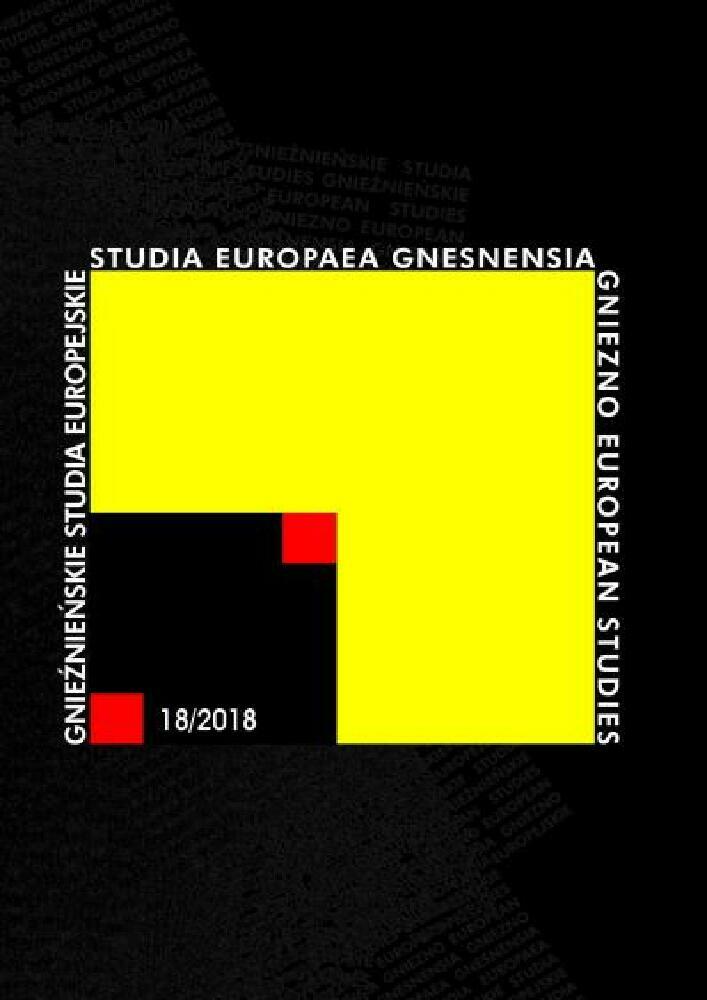Abstract
The aim of the paper is to outline the phenomena which tend to be subsumed under the term of “new biography”, especially in the English-speaking discourse in the British Isles and the USA. This is due to the fact that, as it turns out, theorists and practitioners of biographical writing apply the designation to several different phenomena. In order to characterize the tenets of new biographical writing, the paper introduces the essence of the classical biography, which constitute a natural point of reference for the “new biography”. The latter emerged in 1918 with the English modernist Lytton Strachey, who opposed the fossilized Victorian tradition and its flagship model of panegyrical biography. Strachey effected a breakthrough in European biographical writing, by creating biographies which demythicized their protagonists, approaching them with an ironic distance and highlighting the biographer within the narrative. His model would soon become a new standard in biographical writing. Another “new biography” discussed in the paper is the set of biography rules presented by Leon Edel in 1984, to which the originator refers as “New Biography”, a term he also applies to the biographies he authored. Still, Edel drew to a large extent on Strachey, attaching particular importance to the predisposition and talent of the biographer themselves. The latter’s contribution to a “new biography” consists chiefly in identifying and relating the “most profound” truths about the life of the protagonists, which provide a key to the understanding and narrative portrayal of their character and personality. The last of the biographical scholars discussed in the paper, Jo Burr Margadant, does not continue in the Stracheyan or Edelian spirit in her 2000 The New Biography but unfolds a novel, feminist perspective on biography, founded on the concept of multiple selves. She argues that that one’s identity is a kind of performance, and seeks that “new biography” in the narratives of life of eight eminent French female figures of the 18th century. Still, in the contemporary scholarly discourse relating to biographical writing, “new biography” is most often used as reference to the Stracheyan model, even though a century has passed since it was conceived. At the same, time, biofiction gains ever greater popularity in biographical writing today, being in my opinion the “new biography” of the postmodern era, which I demonstrate using a number of examples.
References
Benton M. 2009, Literary Biography. An Introduction, Chichester.
Buisine A. 1991, Biofictions, Revue des Sciences Humaines, Le Biographique 4, pp. 7-13.
Burr Margadant J. 2000, Introduction. Constructing Selves in Historical Perspective, [in:] eadem (ed.), The New Biography. Performing Femininity in Nineteenth-Century France, Berkeley.
Clifford J.L. 1970, From Puzzles to Portrait. Problems of a Literary Biographer, Chapel Hill.
Clifford J.L. 1962, Introduction, [in:] idem (ed.), Biography as an Art. Selected Criticism 1560-1960, London.
Edel L. 1957, Literary Biography, London.
Edel L. 1987, Writing Lives. Principia Biographica, New York-London.
Egeland M. 2000, Hvem bestemmer over livet?, Oslo.
Garraty J.A. 1957, The Nature of Biography, London.
Guignerry, V. 2007, David Lodge’s ‘Author, author’ and the genre of the biographical novel, Études anglaises 2, 60, pp. 160-172.
Hamilton N. 2007, Biography. A Brief History, Cambridge & London.
Hollinghurst A. 2004, The Middle Fears, The Guardian, 4 September.
Lodge D. 2004, Author, author, New York.
Lodge D. 2006, The Year of Henry James, or Timing is All: the Story of a Novel, London.
Kendall P.M. 1965, The Art of Biography, New York.
Marcus L. 2002, The Newness of the ‘New Biography’; Biographical Theory and Practice in the Early Twentieth Century, [in:] P. France, W. St Clair (ed.), Mapping Lives. The Uses of Biography, Oxford-New York.
Momigliano A. 1993, The Development of Greek Biography, Cambridge-London.
Possing B. 2015, Ind i biografien, København.
Prestwich P.E. 2001, Jo Burr Margadant, The New Biography. Performing Femininity in Nineteenth-Century France, Berkeley: 2000, pp. x, 298., Histoire Sociale/Social History, 34, p. 67 (review).
Sisman A. 2001, Boswell’s Presumptuous Task: Writing the Life of Dr. Johnson, Harmondsworth.
Skidelsky R. 1988, Only Connect: Biography and Truth, [in:] E. Homberger, J. Charmley (eds.), The Troubled Face of Biography, New York.
Strachey L. 1934, Eminent Victorians, London.
Tridgell S. 2004, Understanding Our Selves. The Dangerous Art of Biography, Bern.
White H. 1990, Tropics of Discourse. Essays in Cultural Criticism, Baltimore.
Woolf V. 1967, ’I am Christina Rosetti’, [in:] eadem, Collected Essays, 4, London.
Woolf V. 1958, The New Biography, [in:] eadem, Granite and Rainbow, London.

